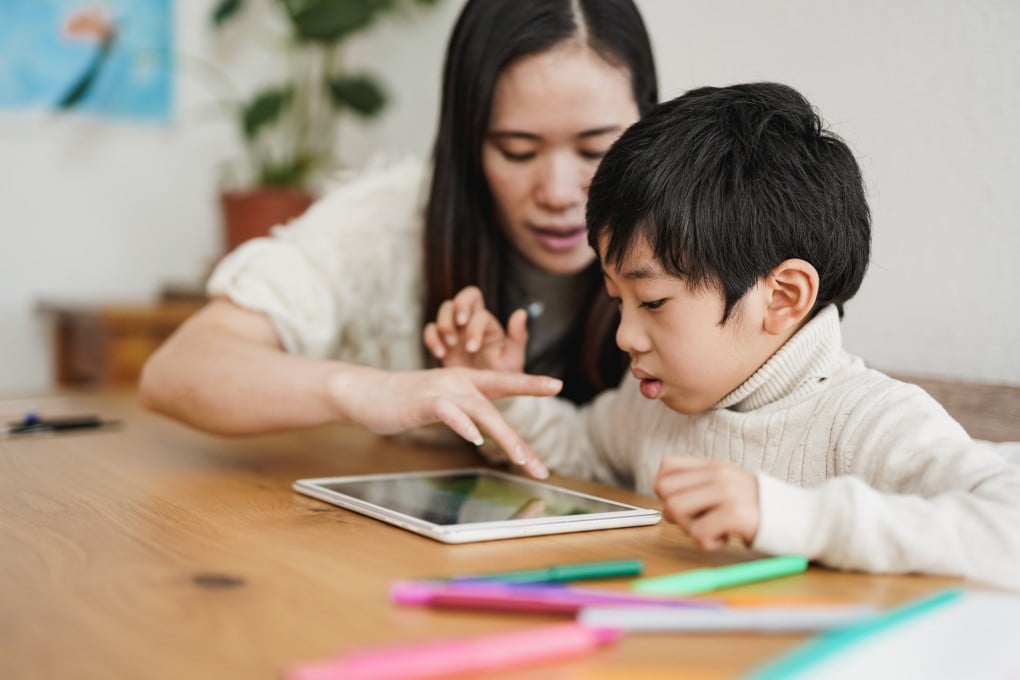Letters | Use AI in early childhood classrooms with care
Readers discuss the application of artificial intelligence in preschools, the cancelled drone shows in Hong Kong, and the waterspout that appeared in Victoria Harbour

AI technology has greatly enhanced knowledge exchange, in particular among those in the underprivileged group who did not have equal access to learning materials. While the new technology platform helps to streamline learning processes, it lacks the essential elements of human interaction and physical contact which are crucial for the emotional and holistic development of young children. Overreliance on AI technology in early education could hinder the development of social skills and emotional intelligence among toddlers and young children, risking the loss of human touch and interpersonal connections.
Therefore, a cautious and balanced approach is imperative when considering the integration of AI into early childhood education. While AI can serve as a valuable supplementary tool in facilitating learning, it should not overshadow the pivotal role of human educators and caregivers in nurturing the social and emotional well-being of toddlers. Preserving the human element in education is paramount to fostering empathy, interpersonal connections and emotional intelligence in young learners, qualities that are indispensable for their future success and well-being.
There is a growing concern among parents and professionals about the best model for raising children in the new digital era. The development of high emotional intelligence, adaptability and resilience is vital in preparing children to address challenges in their learning and social life. Incorporating physical activities involving sports, outdoor games, music, dialogic reading and other quality parent-child interactions has been shown to significantly improve cognitive development, foster teamwork and instil perseverance in children. These experiential learning opportunities not only promote physical and mental well-being but also provide a rich cultural environment for children to develop.
By striking a balance between the benefits of AI and the importance of human interaction and nurturing activities, we can ensure that young children are equipped with the necessary skills and qualities to thrive in the evolving landscape of the AI era.